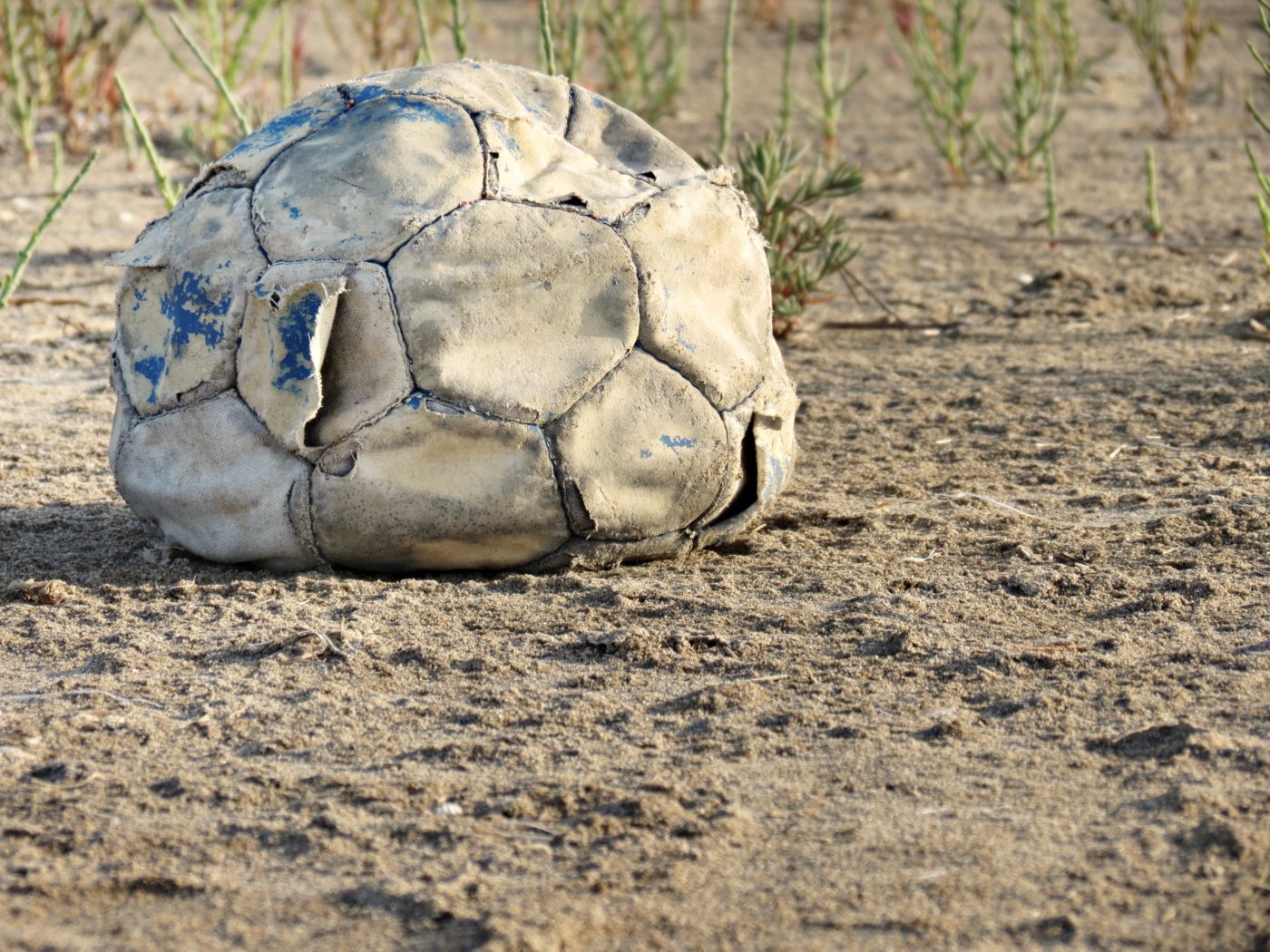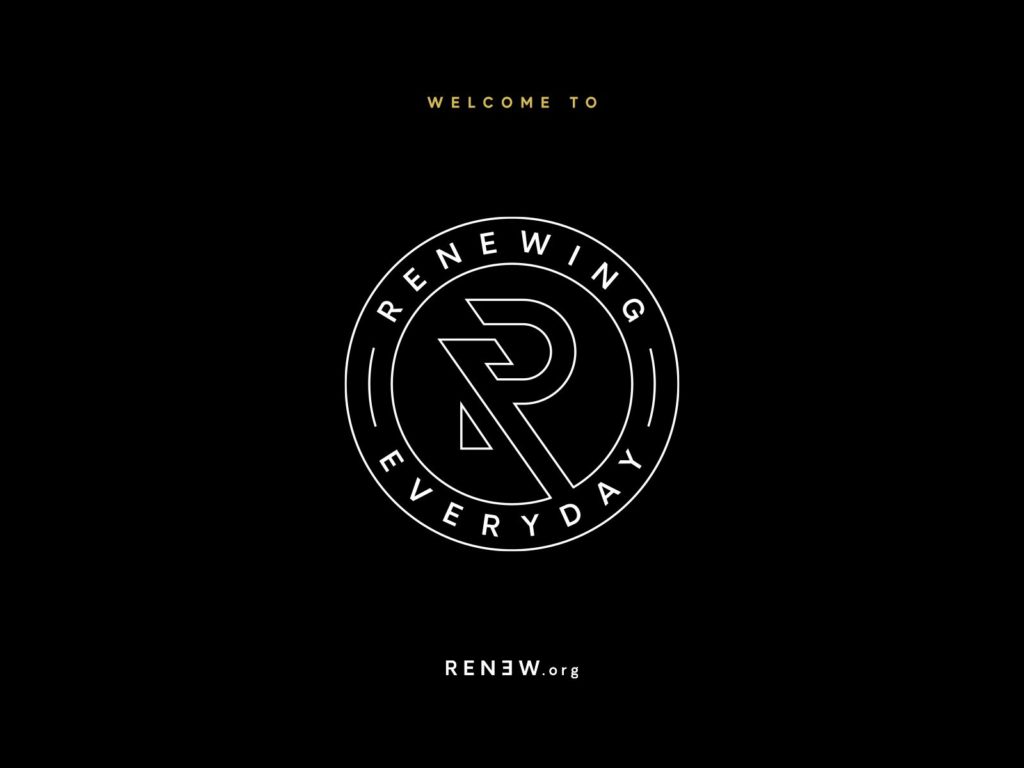
Contentment: Verses in the Bible and a Snapshot from Cambodia
Learning contentment can be challenging, but we find help from verses in the Bible as well as from stories of contentment amid difficulties. International disciple maker Andrew J describes contentment by taking us back to his first mission trip.
One of the most common questions asked when visiting an underprivileged part of the world is the “why” question:
- “Why I am blessed while they are not?”
- “Why was I born with _____ and they weren’t?”
- “Why was I born in a first world country when they have nothing?”
What we fail to grasp is that often they believe they are blessed—and that we are mainly just spoiled with luxuries. They oftentimes have their needs met by God, while we often fail to recognize what we have around us.
Snapshot of Contentment
I’d like to describe the pursuit of contentment by telling a story from my first mission trip, a trip to Cambodia.
As I drove over the rickety wooden bridge, the water grabbed my attention. It was sort of a highlighter green and yellow blend of sewage and rubbish. The stench was something that stuck in my nostrils—more fumes than odor. On both banks I could see rough shacks with parts of roofs missing, no doors, and some that would be the size of your bathroom.
“…rough shacks with parts of roofs missing, no doors, and some that would be the size of your bathroom…”
On the water’s edge, ladies did their washing, and kids splashed about. Men had fishing rods, hoping to catch something, anything. I stopped. This was it: I had made it to the poorest part of the city. It was a place I didn’t want to be, let alone stop. It was scorching hot outside. It was an uncomfortable place, a distressing place, a place without hope.
I reluctantly got out and immediately something caught my eye. A little boy and his mates playing soccer, the beautiful game, and they were smiling from ear to ear. They had a great treasure: they had a soccer ball. This ball wasn’t the typical one that you would give to your child for a birthday. No, this was a custom ball made of twine, leaves, sticks, and a plastic bag to wrap it all out. No doubt they had found these supplies floating down the river.
“This was a custom ball made of twine, leaves, sticks, and a plastic bag to wrap it all out.”
I stood and watched: in the midst of utter poverty, they were the happiest lads around. What a dichotomy: we are in the poorest part of the city, and here we see them with such joy. They motioned for me to come and play. It was hard not to. The joy of those kids was infectious.
When they had enough, the mates went home, and I got chatting to the boy’s family. They proudly pointed out their dwelling, which wasn’t much to look at, but for them, it was their castle. They asked why I was there and then asked a question that is still stuck in my mind: “Will you help the poor people of our city?”
I was thinking to myself, Aren’t you the poor people? You have a house about the size of an average bathroom, with five people sleeping here on sacks, no beds. I can see the sewage that is seeping into your front door, the plastic wrap acting as a roof that won’t survive another storm, and you have a cesspool for a river in your backyard. Yet they were content with what they had.
First-World Problems
We have this saying in our house: “first-world problems.” First-world problems include problems like:
- “My iPhone’s battery runs out before the end of the day.” Now, that’s a real issue.
- “My steak was a little overcooked, so I need a new one.” Crisis averted.
- “They only had the generic store brand.” That’s not cool!
- “Our dishwasher is too noisy.” That’s hard to live with.
- “We have only three choices of dressing for the salad.” Such a sacrifice!
In the midst of luxury, it gets really easy to forget the true blessings in our lives. We are never content or satisfied with what we have when the grass on the other side always looks greener. Really, what about your patch of grass? Many would love to enjoy the basics of life that we enjoy, but mostly we just overlook them.
Those who have little are typically grateful for what they do have. In some of the poorest of the poor areas, you find the most content people. As crazy as it seems to us who live under the illusion that more and more will bring more happiness, those who have little often have the most joy.
Bible Verses on Contentment
So, as disciples of Jesus, let’s relearn how to be content and generous with what we have. Consider these three Scriptures on contentment:
My heart is not proud, Lord, my eyes are not haughty; I do not concern myself with great matters or things too wonderful for me. But I have calmed and quieted myself, I am like a weaned child with its mother; like a weaned child I am content. Israel, put your hope in the Lord both now and forevermore. (Psalm 131:1-3)
But godliness with contentment is great gain. For we brought nothing into the world, and we can take nothing out of it. But if we have food and clothing, we will be content with that. Those who want to get rich fall into temptation and a trap and into many foolish and harmful desires that plunge people into ruin and destruction. For the love of money is a root of all kinds of evil. Some people, eager for money, have wandered from the faith and pierced themselves with many griefs. (1 Timothy 6:6-10)
I have learned to be content whatever the circumstances. I know what it is to be in need, and I know what it is to have plenty. I have learned the secret of being content in any and every situation, whether well fed or hungry, whether living in plenty or in want. I can do all this through him who gives me strength. (Phil. 4:11b-13)
(Excerpted from Andrew J and Owen Jennings, Missions Abandoned: Re-establishing Missions as a Priority in Our Lives and Churches [2016]. Used by permission.)









